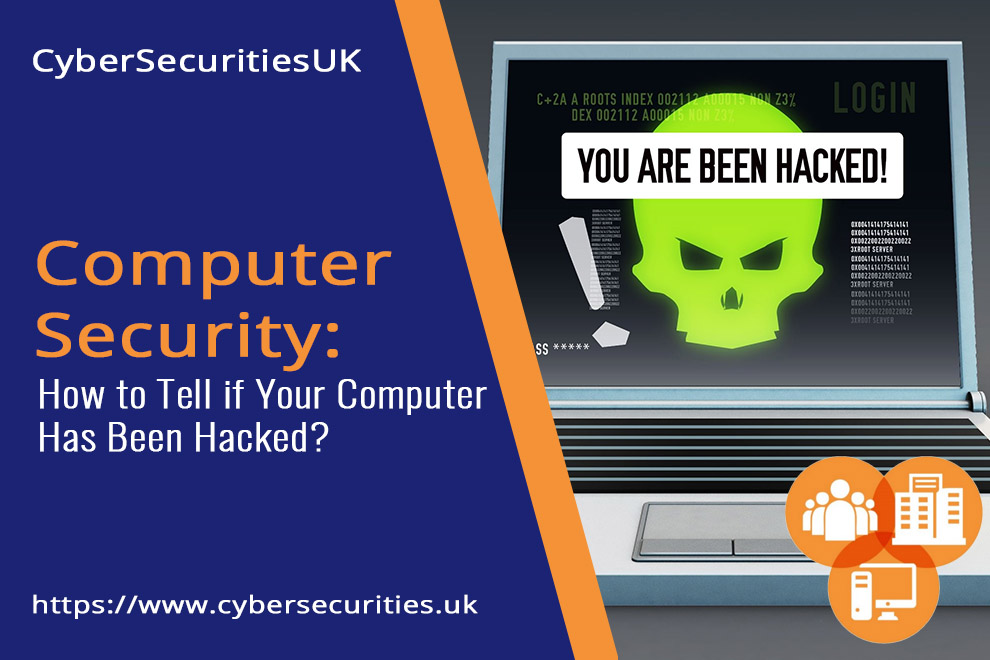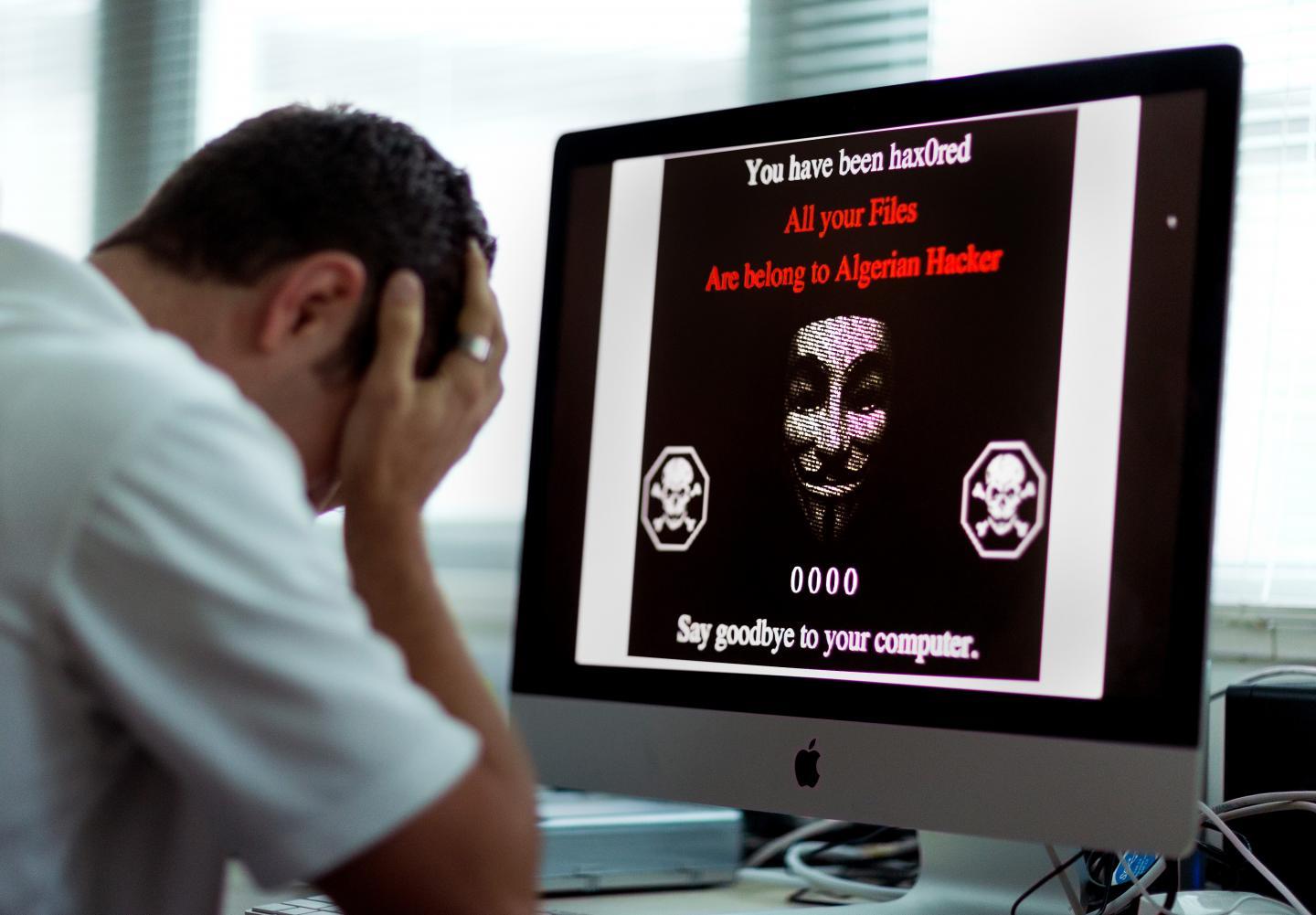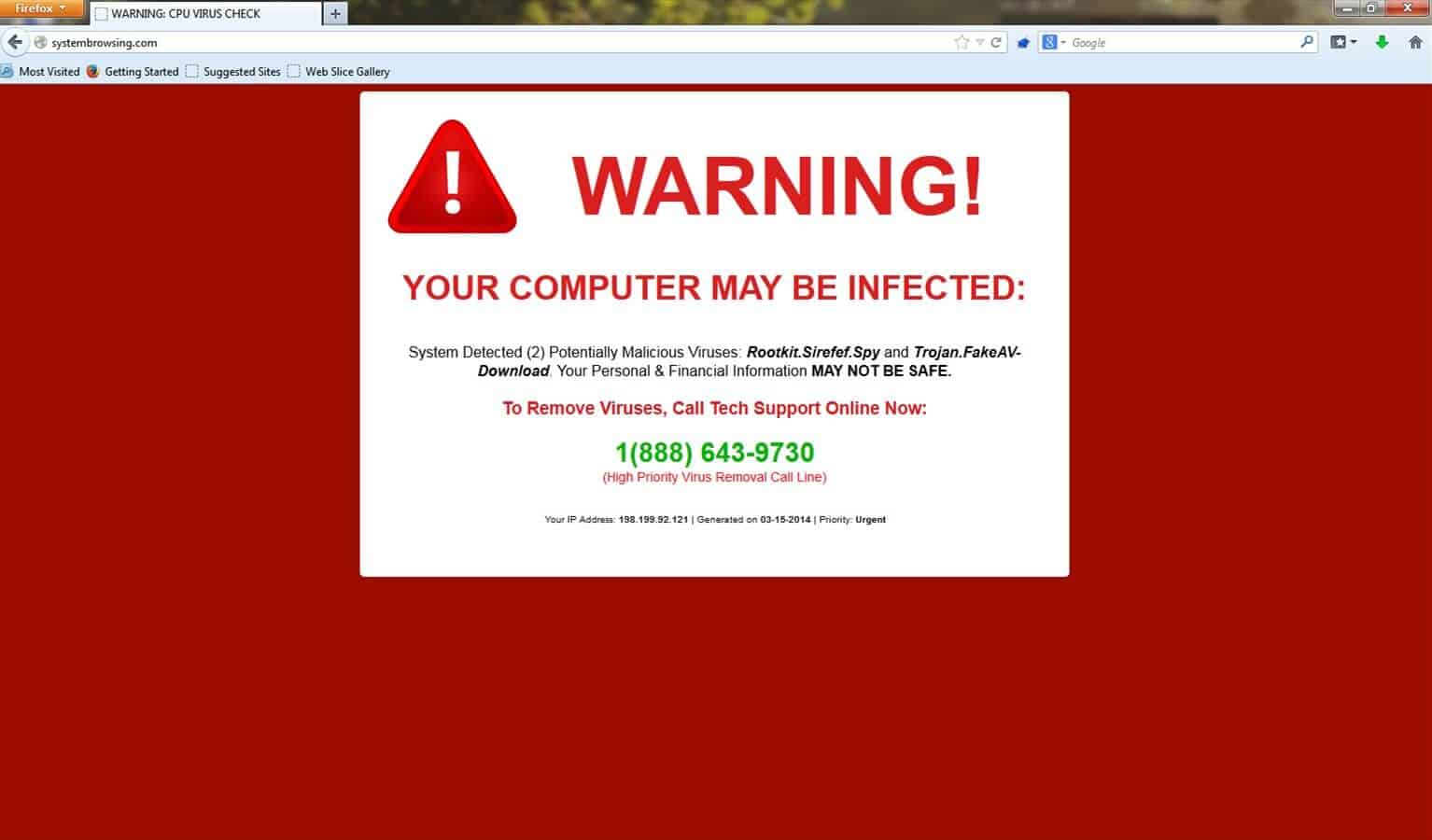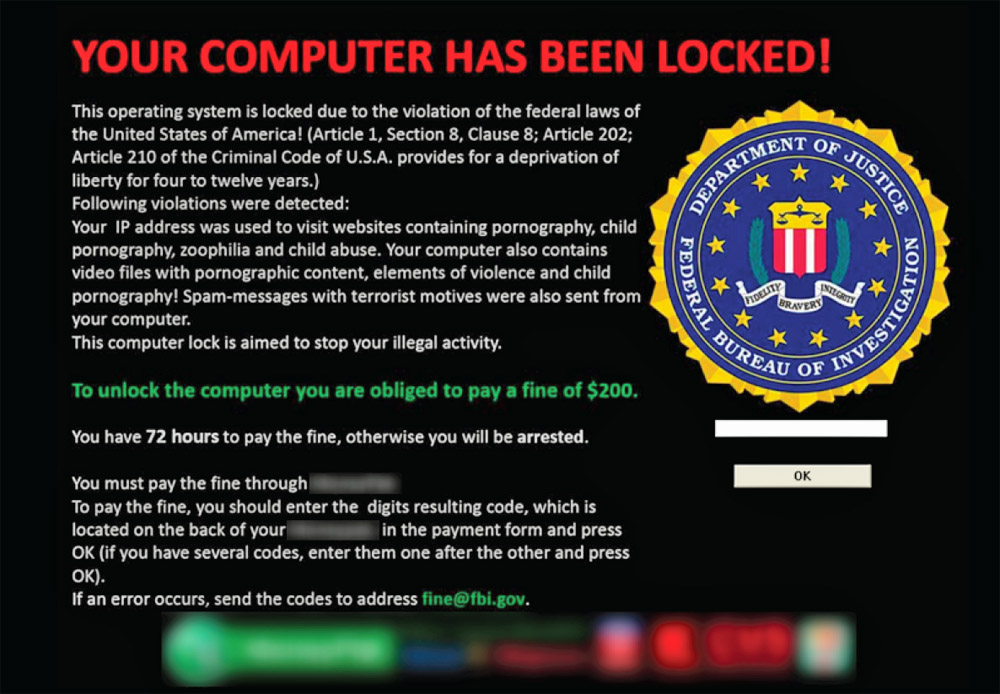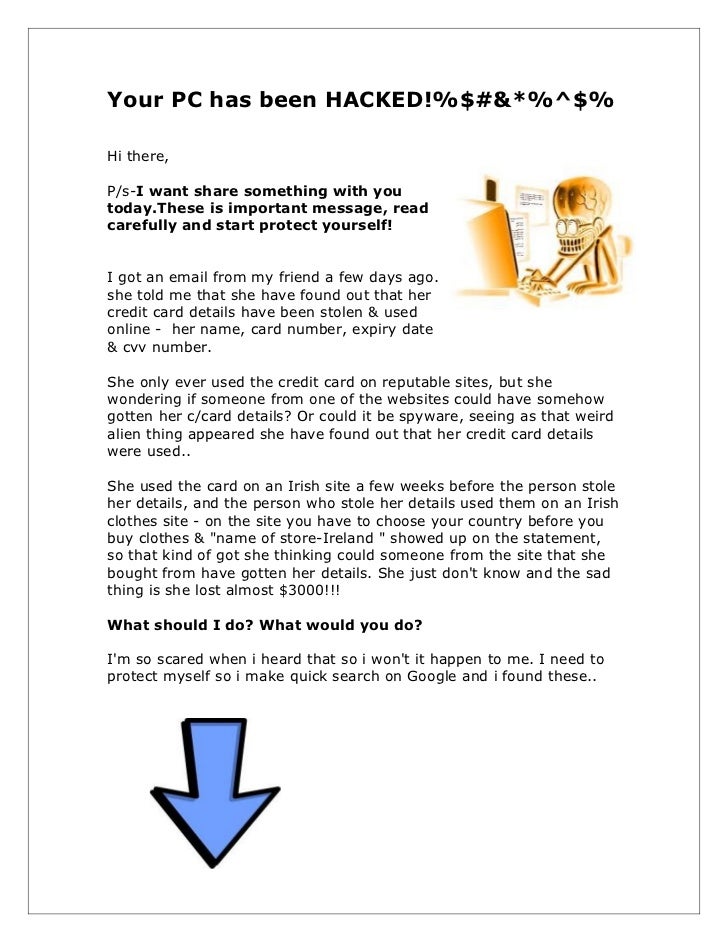Glory Info About How To Tell If Your Pc Has Been Hacked

Published july 18, 2022.
How to tell if your pc has been hacked. Is your windows pc hacked? A message shows that your computer has been hacked or your account has been hacked, and all of your files are encrypted with a strong password. Microsoft consistently updates the windows operating system to make it more secure, but hackers still find loopholes and hack into windows devices.
Malicious processes in the task manager. Once you’ve confirmed that your account has been hacked, call your bank to report the fraud. Scan your computer for malware and viruses.
Denial of access to your device, key system settings, or data. You get a ransome message. Hi this is tomo bot.
It might not be the most prominent question in your mind, so how about another. Scan your device for malware. The first way to tell if you've been hacked is to check your most used and vital accounts, like your email addresses, social networking profiles, and bank accounts.
Suspicious software on your pc. This will open a new. Cybersecurity has become a bigger risk over the years, but it has also become easier to identify and avoid.
Please login to have a conversation with me 🙂. Harley maranan / android authority. If you suddenly observe that you have been denied access to your computer or phone, it’s.
As trojans, hacking, malicious software (known as malware) and phishing scams become more and more sophisticated, it can be increasingly. Hopefully, our guide will help you identify if any suspicious hacker is monitoring your activity. In the bottom right corner, click on details.
For instance, here is how you can do it in gmail: If you follow the tips correctly, you'll be able to remove the. They can help you solve the issue and.
There are a few steps that you can take to check whether your computer has been hacked. Open gmail and scroll to the bottom of your inbox. If you don’t have automatic plugin and theme updates enabled, you can.
The first way to tell if you've been hacked is to check your most used and vital accounts, like your email addresses, social networking profiles, and bank accounts.
